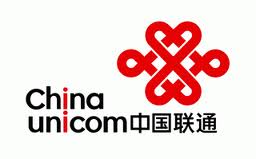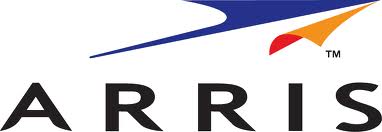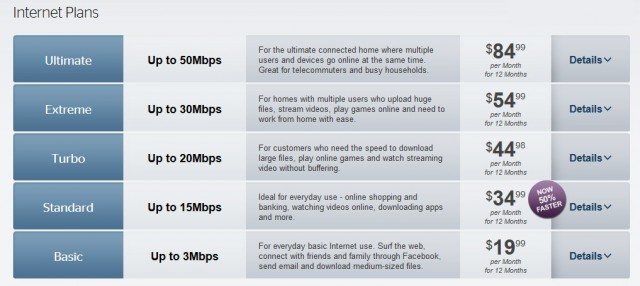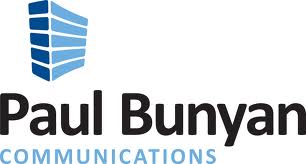 Cox Cable customers in Arizona, Florida and beyond face a significant rate hike for cable, broadband, and phone service in 2013 according to a notification from the company. Rates are going up for most individual services, although customers in selected package bundles or on promotions will avoid increases for now.
Cox Cable customers in Arizona, Florida and beyond face a significant rate hike for cable, broadband, and phone service in 2013 according to a notification from the company. Rates are going up for most individual services, although customers in selected package bundles or on promotions will avoid increases for now.
Cox claims “increasing programming expenses” and the “rising costs of doing business” are responsible for the forthcoming higher bills.
In Arizona, Cox’s prices change as follows:
Cox TV and Advanced TV:
Cox TV Essential will change from $60.79 to $63.99.
Advanced TV will change from $62.59 to $63.99.
Preferred TV will change from $69.59 to $73.99.
Super Mix will change from $69.59 to $70.99.
Premier TV will change from $80.59 to $83.99.
Ultimate TV will change from $122.58 to $125.99.
Advanced TV standard definition receivers will change from $6.99 to $8.50.
Plus Package fee will change from $10 to $5. (only decrease)
Variety Pak will change from $7.00 to $10.00.
Sports and Information Pak will change from $7.00 to $8.50.
Single premium channel rate will change from $14.99 to $15.00.
Two premium channels rate will change from $23.49 to $25.00
Three premium channel rate will change from $31.99 to $34.00.
Four premium channel rate will change from $39.49 to $42.00.
Telephone:
Cox Digital Telephone Essential will change from $19.99 to $21.99.
Voice Mail will change from $7.99 to $8.99.
To comply with federal regulatory guidelines for the Access Recovery Charge, the FCC Access Charge will increase by $0.12. Toll Restriction will change from $2.75 to $1.49.
Simply 5 Long Distance will change from $3.99 to $4.95.
For information on other telephone rate changes, please visit Cox.com
Internet:
Starter will change from $25.99 to $26.99.
Essential will change from $37.99 to $39.99.
Preferred will change from $53.99 to $55.99.
Premier will change from $64.99 to $67.99.
Ultimate will change from $94.99 to $99.99.
(Thanks to ‘BryanInPHX’ for compiling the changes.)
In Florida, Cox customers will pay $68.49 for “Advanced TV” service — nearly $70 for what some would consider “basic cable.” Equipment is going up as well.
Advanced TV standard definition receivers increase from $6.99 to $8.50 a month. Advanced TV High Definition and DVR receivers rise from $7.99 to $8.50.
Many Cox Internet customers in Florida will also pay between $3-4 a month more for their broadband service.


 Subscribe
Subscribe All new homes must be equipped with fiber broadband connections if they are located in a county or city where fiber service is provided, according to a new mandate from China’s Ministry of Industry and Information Technology.
All new homes must be equipped with fiber broadband connections if they are located in a county or city where fiber service is provided, according to a new mandate from China’s Ministry of Industry and Information Technology.
 Comcast Corporation has announced its intention to pay $150 million for part-ownership of Arris Group, Inc., which manufacturers set top boxes and cable modems.
Comcast Corporation has announced its intention to pay $150 million for part-ownership of Arris Group, Inc., which manufacturers set top boxes and cable modems. Time Warner Cable has soft-launched a new Ultimate speed tier offering 75/5Mbps service in the Dallas metro area, first to Signature Home customers promised free upgrades to the new speed.
Time Warner Cable has soft-launched a new Ultimate speed tier offering 75/5Mbps service in the Dallas metro area, first to Signature Home customers promised free upgrades to the new speed.
 A CenturyLink official made a remarkable concession in the state of Minnesota last week when he admitted the state’s community-owned broadband networks are better equipped to deliver 21st century broadband speeds that CenturyLink simply cannot provide.
A CenturyLink official made a remarkable concession in the state of Minnesota last week when he admitted the state’s community-owned broadband networks are better equipped to deliver 21st century broadband speeds that CenturyLink simply cannot provide.
